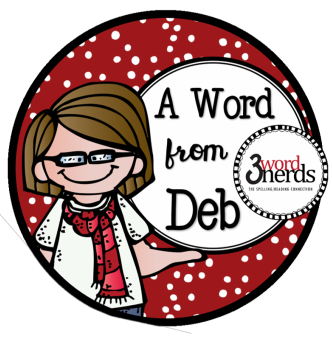
She saw me approach for bus duty and blurted out my new name to her teacher. "Look, here comes Miss God!" I didn't hear it so the teacher shared it with me after I had checked off the bouncing group on my clipboard to board the bus. "She called you Miss God. Isn't that so strange?" I started to explain that I was her sister's dyslexia therapist. "Oh," the teacher responded, "no wonder she thinks you are like God." I am pretty awesome - but, no. There is an explanation. A perfectly dyslexic explanation.
My name is Mrs. Scott. When you consider that the hard sounds of g and c are made by the same mouth position with the only difference being that /g/ has a "voice" and /c/ does not, AND the same applies to /d/ and /t/, then it is easy to understand how Mrs. Scott gets translated by a kindergartner (with dyslexia in the family) to be "Miss God".
So - now you try it. Make the sound of /g/ and then the sound of /c/. Look in the mirror and see that you are doing the exact same mouth movements with both sounds. Put your hand on your throat to feel the "voice" for /g/ and the lack of a "voice" for /c/. Do the same for /d/ and /t/.
It explains why some children mispronounce some words when reading - they are not distinguishing the differences in the partner sounds and their voiced/unvoiced characteristics.
This is why phonemic awareness is so important and worth the time to teach. It is a foundational skill to reading development. As a teacher, when you notice that a child is having trouble differentiating between letter sounds, they need MORE phonemic awareness.
While I am a very passionate dyslexia therapist and teacher (and so happy it shows!), I'm mere mortal - just flesh and bone.


 RSS Feed
RSS Feed